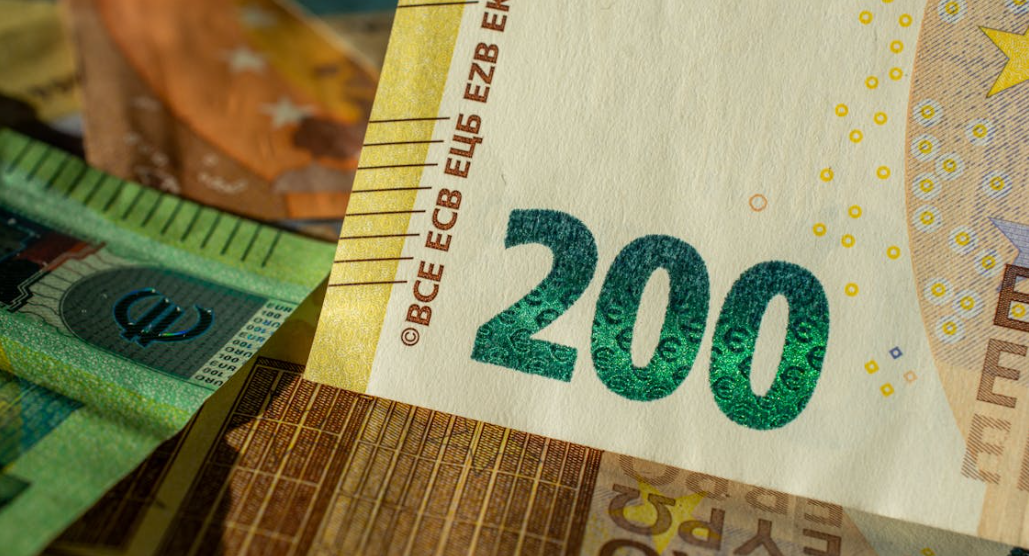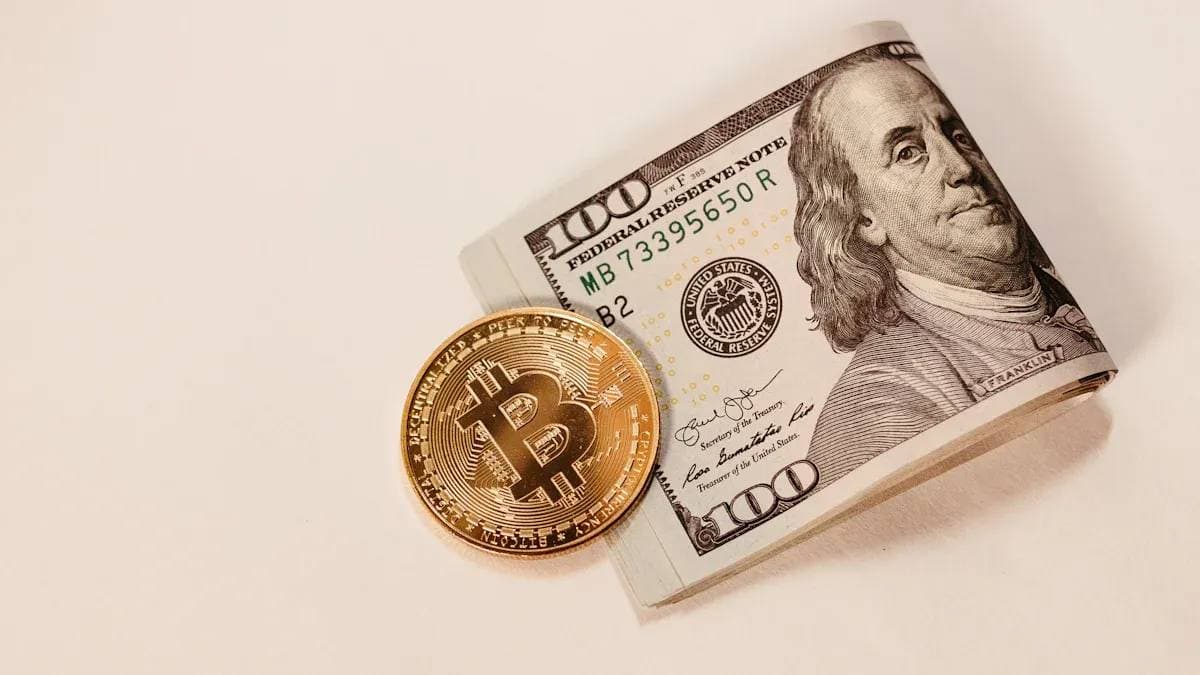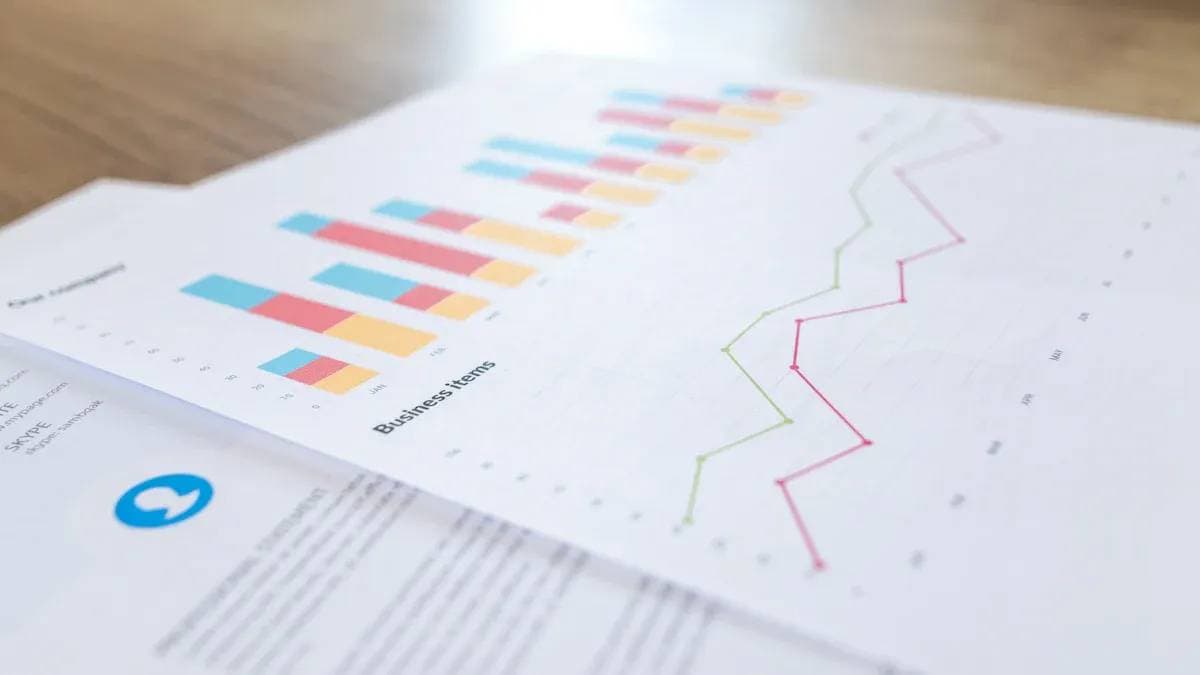- EasyCard
- Trade
- Help
- Announcement
- Academy
- SWIFT Code
- Iban Number
- Referral
- Customer Service
- Blog
- Creator
Western Union Remittance Inquiry: How to Make International Transfers Efficiently and Securely
International remittance has become increasingly common in today’s globalized society. Whether it’s sending money to family members overseas or making cross-border business payments, it’s crucial to find a fast and secure way. Western Union is one of the most well-known remittance service providers globally, offering extensive international transfer services.
Although Western Union is popular for its fast fund arrival and flexible payment methods, many users still have questions about its inquiry methods, validity period, fund arrival time, and refund process. This article will provide a detailed introduction to Western Union’s inquiry methods, helping you make international remittances more smoothly and ensuring that the funds arrive safely and on time.

How long does it take for Western Union remittance to arrive?
The fund arrival time of Western Union remittance varies depending on the remittance method, the destination country, the processing speed of the bank, and the business hours of the agency. Generally speaking, if you choose instant payment, the funds can arrive within a few minutes, which is suitable for emergency situations. However, if it is a bank deposit, it may take 1-4 working days to complete the transfer.
Some countries and regions support remittance to mobile wallets, and the payee can directly receive the funds within a short time without having to go to the bank to withdraw the money. This method is both safe and convenient, especially for users who have difficulty using bank services. However, it should be noted that if there are bank holidays, incorrect remittance information filled in, or problems with the payee’s account, the fund arrival time may be delayed. Therefore, before making a remittance, make sure all the information is accurate to avoid unnecessary waiting.
How long is the validity period of Western Union remittance?
After the funds are sent through Western Union, the payee usually needs to collect the money within six months; otherwise, the remittance may become invalid. If the money is not collected within the specified time, the funds may be returned to the remitter, but the specific policies may vary in different countries.
If the payee cannot collect the remittance in time for some reason, they can contact Western Union’s customer service and apply for an extension of the remittance validity period. In some cases, Western Union may require the remitter to provide additional information for identity verification to ensure the security of the funds. If the funds have been returned to the remitter’s account but the remitter still wants to continue the transfer, a new remittance needs to be initiated.
Generally speaking, as long as the payee has the correct remittance information, including the Money Transfer Control Number (MTCN), the remitter’s name, and the expected amount, they can easily collect the funds. However, in some countries and regions, uncollected remittances may be subject to additional supervision, such as the need to provide additional supporting documents. Therefore, if the remitter finds that the payee cannot collect the money in time, it is recommended to communicate with Western Union’s customer service as soon as possible to prevent the funds from being restricted or encountering unnecessary troubles.
How to check the status of Western Union remittance?
Western Union provides various ways to help users check the status of their remittances at any time to ensure that the funds reach the payee safely and correctly.
The most direct way to check is through Western Union’s official website or mobile application. Enter the Money Transfer Control Number (MTCN) for the inquiry. The MTCN is the unique identification code for each transaction. Users only need to enter this number on the inquiry page to check whether the remittance has arrived, has been collected, or is still being processed.
If users cannot check online or the system shows that the transaction is abnormal, they can directly call Western Union’s customer service hotline, provide relevant information, and request a manual inquiry. Western Union’s customer service can usually help confirm the remittance status within a few minutes and provide further operation suggestions if necessary.
In addition, if the payee has not received the remittance, they can also ask the remitter to provide the MTCN for self-service inquiry. Once it is confirmed that the funds have arrived, the payee can collect the cash at the local Western Union outlet with a valid ID document, or check the fund receipt situation in the bank account or mobile wallet.
Do you need to open an account to use Western Union remittance?
Whether an account needs to be opened depends on the remittance method chosen by the user.
If the user chooses online remittance, they need to create a Western Union account and provide relevant identity information for verification. This method is suitable for users who pay through bank transfers, credit cards, or debit cards. The advantage of online remittance is that transactions can be made anytime and anywhere without the need to go to an offline outlet.
If the user chooses offline cash remittance, there is no need to open an account. The remitter only needs to bring a valid ID document, go to any Western Union outlet, fill in the remittance form, and pay in cash to complete the transaction.
As for the payee, they usually do not need to have a bank account or a Western Union account. The payee only needs to bring a valid ID document and provide the correct MTCN to collect the cash at the Western Union outlet. In addition, in countries that support mobile wallet transfers, the payee can also directly receive the remittance in their digital account without having to go to the outlet to withdraw the money.
What should you do if the remittance is lost or fails to arrive?
Although the Western Union remittance system is relatively safe and reliable, there may occasionally be situations such as fund delays, transaction failures, or even lost remittances. In such cases, Western Union provides a refund guarantee to ensure the safety of users’ funds.
If the user finds that the remittance has not arrived for a long time, they should first confirm the transaction status through the MTCN inquiry tool. If the inquiry result shows that the funds are still being processed, it may be due to processing delays by the bank or intermediary institution. In this case, it is recommended to wait patiently for 1-2 working days, or contact the receiving bank to confirm whether there is an additional review process.
If the inquiry result shows that the transaction has failed or is abnormal, the user can directly contact Western Union’s customer service, provide transaction details (such as MTCN, remitter’s name, amount, etc.), and request further investigation. In most cases, if the remittance has not been successfully processed due to information errors or system problems, Western Union will complete the refund within 30 days.
However, if the funds have been successfully transferred to the payee’s account or have been withdrawn by the payee, a refund cannot be applied for. Therefore, the remitter should ensure that the remittance information is correct and keep in touch with the payee to confirm that the funds have arrived safely.
Conclusion:
As a convenient international remittance method, Western Union provides users with a variety of different payment and receipt options. Whether it’s instant cash withdrawal, bank deposit, or mobile wallet transfer, it can meet the needs of different users. In addition, its strict security measures and convenient inquiry methods enable users to track the flow of funds in real time and ensure the smooth completion of remittances.
However, for users who want to make larger transfers or cover more regions, BiyaPay may be a more flexible choice. BiyaPay has no limit on the remittance amount, covers most regions and countries around the world, and uses the local remittance method to ensure faster fund arrival and avoid additional international transfer fees. For users who frequently make cross-border payments, this is a more convenient and secure alternative.
*This article is provided for general information purposes and does not constitute legal, tax or other professional advice from BiyaPay or its subsidiaries and its affiliates, and it is not intended as a substitute for obtaining advice from a financial advisor or any other professional.
We make no representations, warranties or warranties, express or implied, as to the accuracy, completeness or timeliness of the contents of this publication.




Contact Us
Company and Team
BiyaPay Products
Customer Services
is a broker-dealer registered with the U.S. Securities and Exchange Commission (SEC) (No.: 802-127417), member of the Financial Industry Regulatory Authority (FINRA) (CRD: 325027), member of the Securities Investor Protection Corporation (SIPC), and regulated by FINRA and SEC.
registered with the US Financial Crimes Enforcement Network (FinCEN), as a Money Services Business (MSB), registration number: 31000218637349, and regulated by FinCEN.
registered as Financial Service Provider (FSP number: FSP1007221) in New Zealand, and is a member of the Financial Dispute Resolution Scheme, a New Zealand independent dispute resolution service provider.



















